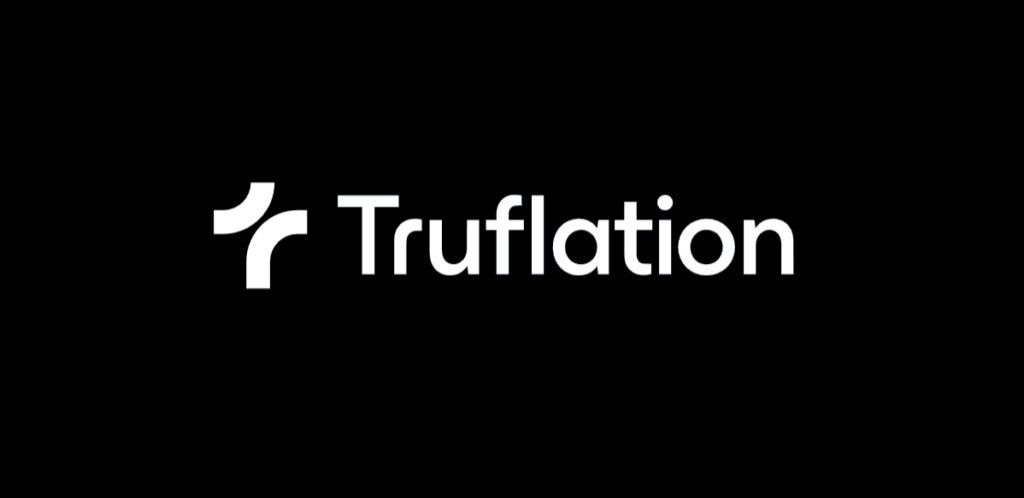The blockchain-based Truflation platform confirmed that it was the victim of a malware attack. Blockchain analysts have estimated the loss is up to $5.2 million

Inflation data platform Truflation, which is blockchain-based, has acknowledged that it was the victim of a malware attack. Blockchain analysts have estimated that the platform may have lost up to $5.2 million.
“The Truflation team identified abnormal activity.” In a post on Sept. 25, the project stated that an attacker employed malware to initiate an attack.
Truflation stated that it is closely monitoring the incident and is implementing measures to safeguard funds in collaboration with law enforcement and “leading industry partners.”
The initiative, supported by Coinbase Ventures and Chainlink, is also attempting to establish communication with the hacker and is amenable to negotiation. It also stated that it would provide incentives to whiteheads who assist.
According to blockchain investigator ZachXBT, Truflation’s treasury multisignature and personal wallets on Ethereum lost approximately $5.23 million, while seven other chains collectively lost approximately $100,000.
Truflation suffered a $4.95 million loss, according to a distinct evaluation conducted by blockchain security firm Cyvers.
The team’s Ethereum purses were compromised, resulting in the theft of approximately $3.89 million in Truflation (TRUF), $1.07M in Ether, and the DAI stablecoin.
Truflation Says No User Funds Were Lost
According to Truflation’s staff, no customer funds were compromised. Its pledging funds were not impacted either.
In the 90-minute window that followed Truflation’s X post, the TRUF token experienced a 15.6% decline to $0.068 before partially recuperating to $0.073, according to CoinGecko data. Its market capitalization is currently $12.8 million.
Truflation is a blockchain-based financial data service that offers real-time economic and inflation data.
Truflation also established a data marketplace that monitored a variety of commodity indexes, including sugar, cocoa, coffee, cattle, petroleum, and wheat, approximately ten months after its introduction in December 2021.
